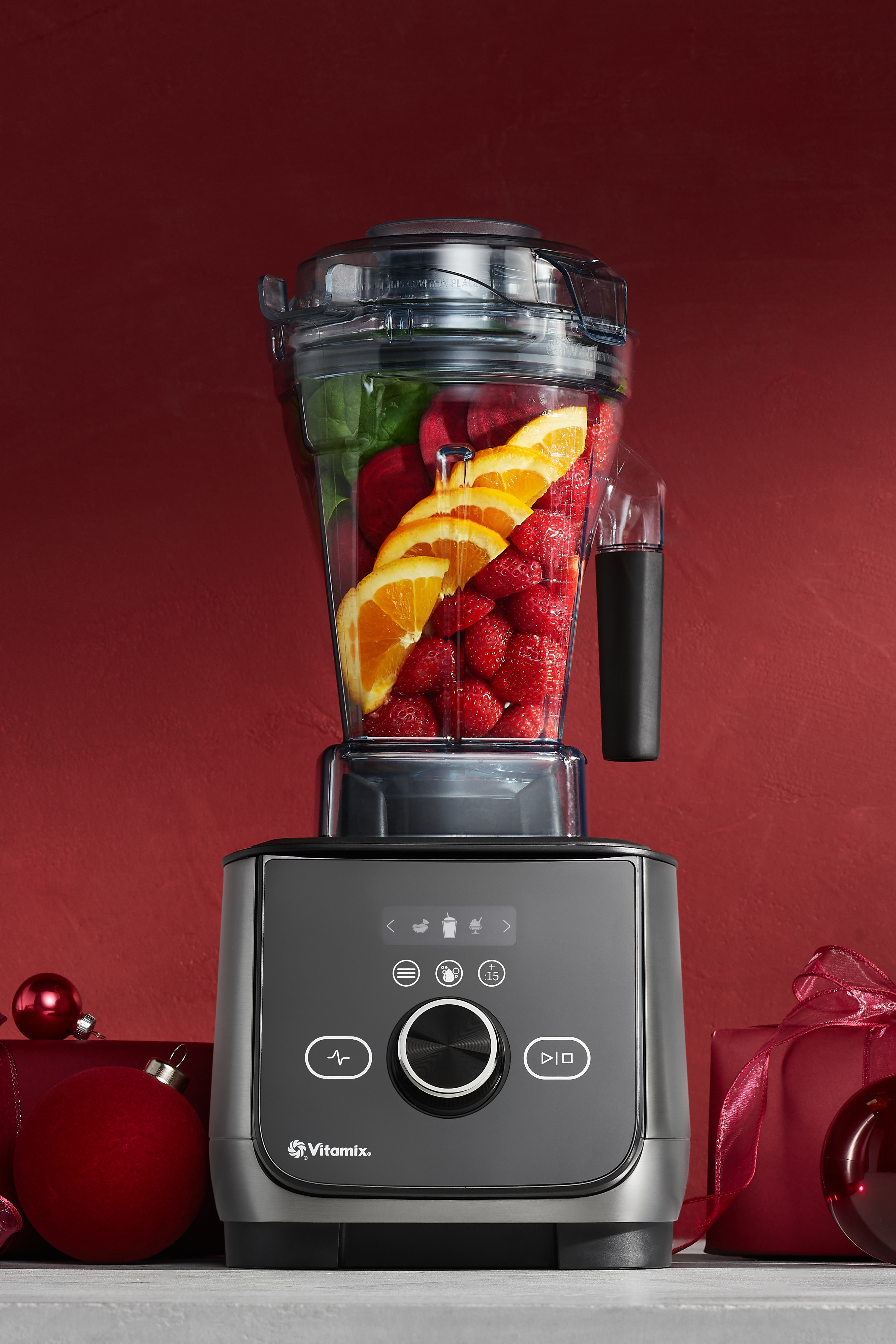You don't have to change everything about your eating habits to start improving your diet. Often, making just a few healthy food swaps can help you plan meals that will satisfy your taste buds and nourish your body.
Let's have a look at how you can easily change your everyday meals by using these seven healthy substitutes:
Steel-Cut Oats Instead of Instant Oatmeal
Oats are a popular breakfast food, and instant oatmeal has been marketed for years as a convenient option. Unfortunately, instant oats are highly processed and often contain sweeteners and other additives. Steel-cut oats, on the other hand, are minimally processed and have many nutrients left in the grain. If you don't have time to cook steel-cut oats in the morning, you can prepare them in the evening or cook them in a slow cooker overnight so they are ready to enjoy for breakfast.
Homemade Salad Dressing Instead of Store-Bought Dressing
Store-bought dressing can be full of hidden sugar, as well as artificial coloring and flavoring. If you have extra-virgin olive oil and balsamic or red wine vinegar in your pantry, you can easily whip up your own salad dressing in just a few minutes.
To make a basic dressing, pour three parts oil and one part acid into a bowl or jar, add a pinch of salt, and mix it well. To expand your salad dressing repertoire, experiment with different flavors. For example, add some raspberry puree to your basic dressing to create a raspberry vinaigrette, or use lemon or lime juice instead of vinegar for a citrus dressing.
Hummus Instead of Cream- or Cheese-Based Dips
Sliced veggies served with a dip is a popular appetizer or snack. Unfortunately, cream- and cheese-based dips can add unnecessary calories and fat to an otherwise healthy dish. Hummus is a delicious alternative that you can whip up at home if you have a food processor or a high-quality blender. Basic hummus is made with chickpeas (canned or cooked), extra-virgin olive oil, tahini, lemon juice, and garlic. You can also explore other flavors, such as smoked paprika, orange, red pepper, and avocado.
Spaghetti Squash Instead of Pasta
As the name suggests, the flesh of a spaghetti squash can be pulled apart into strands. Spaghetti squash is easy to cook and can be served as a side dish or instead of spaghetti with your favorite pasta sauce.
If you don't want to fully replace your pasta with spaghetti squash, substituting half, or even a third, of the spaghetti will reduce the amount of carbohydrates you're serving, and can add fiber and other nutrients to the dish.
Roasted Chicken Instead of Deep-Fried Chicken
Chicken is an excellent source of protein and tastes great in a variety of dishes. However, deep-fried chicken is full of hydrogenated fat and empty calories. Roasted chicken is a much healthier option and can be served as an entree or added to salads, sandwiches, wraps, and soups. You can also use the leftover chicken bones to make homemade chicken broth.
Nuts Instead of Chips
Conventionally prepared potato chips are full of salt, fat, and chemical preservatives, and can make you quite thirsty. If you're looking for something to snack on in the middle of the day, try eating some nuts. Walnuts, pecans, hazelnuts, cashews, and almonds are high in fiber, protein, and healthy fat—a combination that makes them very filling. For a balanced snack, pair a handful of nuts with a cup of berries. You can also make your own trail mix by combining nuts, seeds, and dried fruits.
Homemade Fruit Sorbet Instead of Ice Cream
Most store-bought ice cream is packed with sugar and other additives of questionable nature. Fruit sorbet is a delicious and refreshing healthy alternative that's super easy to make at home if you have a food processor or high-quality blender.
You can use almost any frozen fruit, such as mango, banana, pineapple, or berries. If the fruit is sweet enough, you might not even have to add any sweetener, but you can also add a little honey or maple syrup. To make the sorbet, place the frozen fruit in the food processor or blender, and blend until it's smooth.
As you can see, it really doesn't take much to improve the nutritional quality of your meals. Start with these seven healthy food swaps, and remember that small changes add up over time. Before you know it, eating healthy will become a lifestyle.



